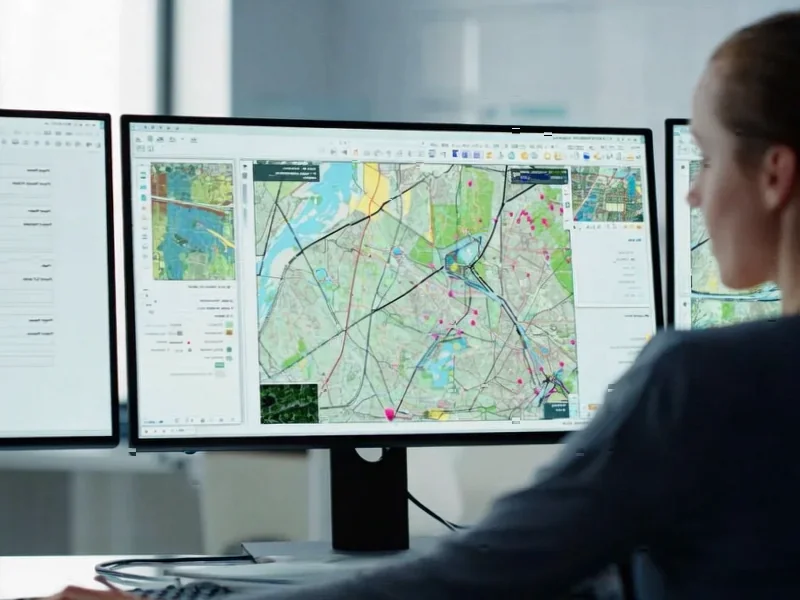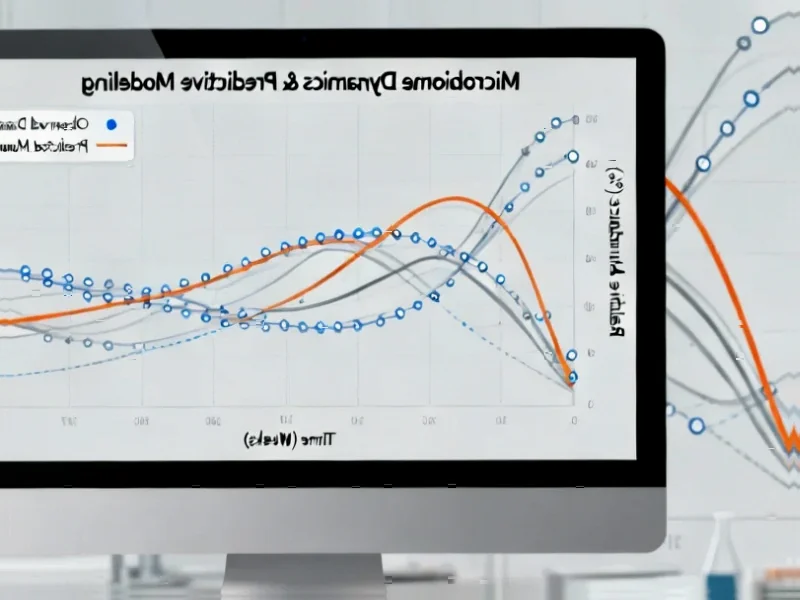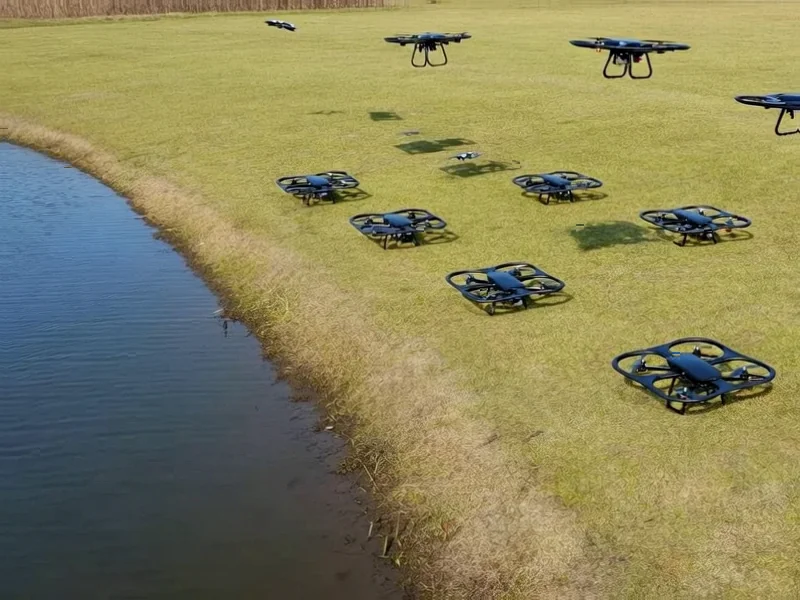According to TheRegister.com, London’s High Court has dismissed the majority of Getty Images’ lawsuit against Stability AI in a decision handed down Tuesday by Justice Joanna Smith. The court only upheld one small portion of Getty’s argument – that the appearance of Getty watermarks in AI-generated images constituted trademark infringement. Getty was forced to drop its core copyright infringement claims mid-trial because it couldn’t prove Stability AI actually trained its models on Getty’s images within UK jurisdiction. Both companies are claiming victory despite the ruling, with Getty now preparing to make similar arguments in California courts where it has filed a separate lawsuit. The case leaves fundamental questions about AI training on copyrighted material largely unanswered in the UK.
The Great British Training Mystery
Here’s the thing that’s pretty wild – Getty couldn’t actually prove where Stability AI trained its models. They had all this evidence of their watermarks showing up in generated images, which seems like pretty solid proof that their content was used. But they couldn’t pin the actual training location to the UK. So the whole copyright case basically collapsed on a technicality. Justice Smith basically said “maybe you have a case somewhere, but not here in my courtroom.” It’s like catching someone with stolen goods but not being able to prove they stole them in your jurisdiction. Pretty frustrating for Getty, I’d imagine.
The Weights Aren’t Copies Argument
Getty tried another angle – secondary infringement, arguing that even if training happened elsewhere, importing the resulting AI model should still be illegal. But the court shot that down too. The judge ruled that since AI models store “weights” rather than actual copies of images, they don’t constitute infringing content. Basically, the court is saying the mathematical patterns that emerge from training aren’t the same as storing the original copyrighted works. This is a huge deal because it creates what looks like a massive loophole. Train your AI outside the UK, import the finished model, and you’re golden. No wonder some IP lawyers are calling this a disaster for creators.
Everyone’s Reading Their Own Tea Leaves
The legal experts are all over the map on what this actually means. Some see it as a win for AI companies because the core copyright questions got dodged. Others point to the trademark ruling as establishing some accountability. But let’s be real – the trademark issue is the least interesting part. Nobody really cares about watermarks showing up occasionally. The billion-dollar question is whether training AI on copyrighted material without permission is legal, and we’re no closer to an answer in the UK. One lawyer called the case a “massive damp squib” – basically a firework that fizzles instead of exploding. That seems about right.
The Real Fight Moves to California
So where does this leave us? Getty’s already pivoting to US courts, where the legal landscape around AI training is still being shaped. They voluntarily dismissed their Delaware case but have active litigation in California demanding a jury trial. The UK ruling might influence those proceedings, but US courts aren’t bound by it. This feels like round one of what’s going to be a long, messy global fight. The fundamental tension here is huge – creative industries want protection for their work, while AI companies argue they need access to vast datasets to advance the technology. We’re watching the early skirmishes in what could become the defining IP battle of our generation. And honestly? Nobody really knows how it’s going to shake out.




